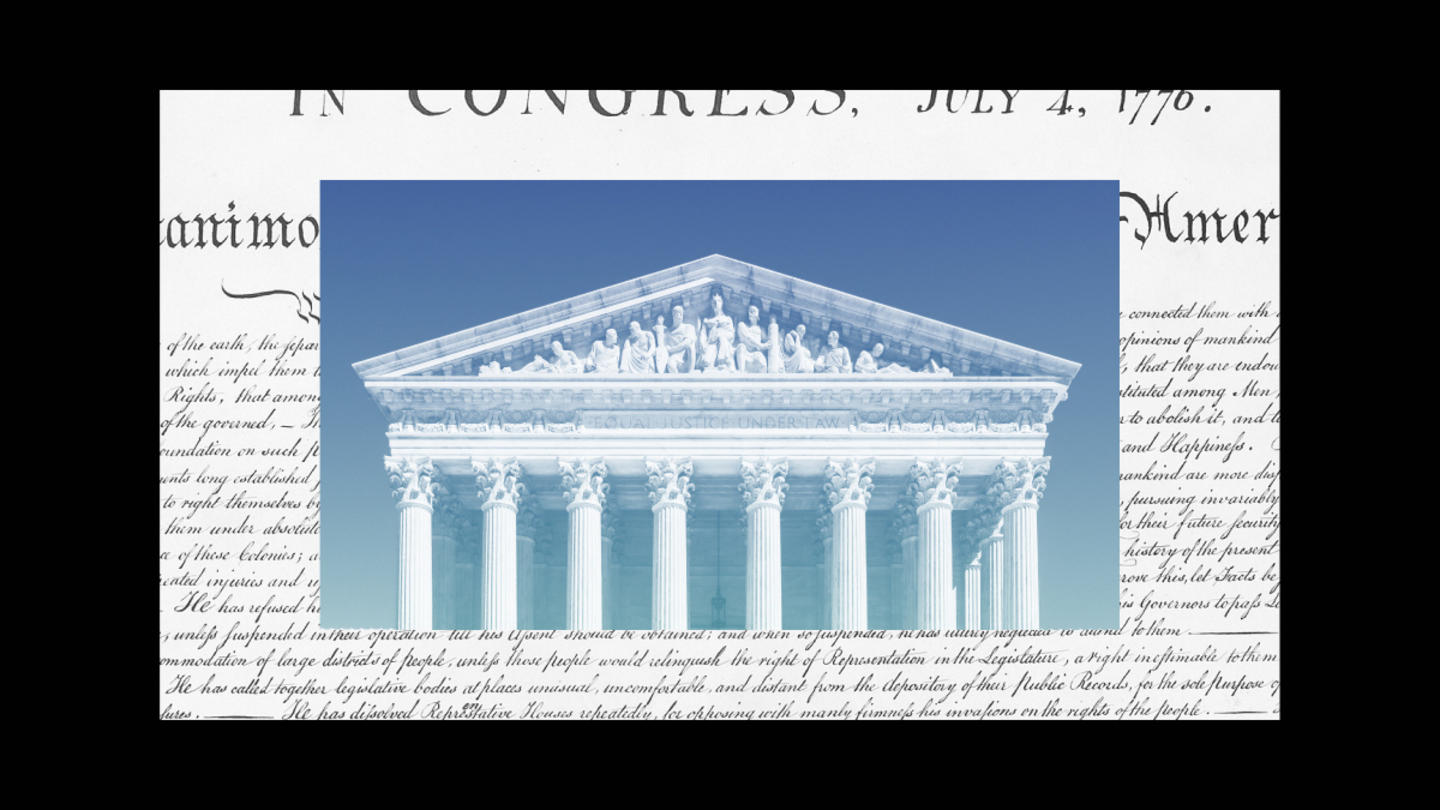This article was originally published by Stand Together Trust.
The Constitution of the United States protects people’s civil liberties and limits the authority of government over their lives. It is supposed to bind unelected bureaucrats in federal agencies to enforce laws as Congress wrote them. Or so Americans are taught from a young age. But, in practice, it too often doesn’t work this way. Increasingly, federal government agencies have expanded their power far beyond the limits Congress and the Constitution set, frequently stripping individuals of their civil liberties.
Government pressuring private tech companies to censor users; defendants not receiving their rights to jury trials in front of independent, constitutionally-appointed judges; the IRS seizing personal financial information from cryptocurrency exchanges in violation of the Fourth Amendment — the New Civil Liberties Alliance is fighting to stop such civil liberties abuses and restore the balance of power.
Founded in 2017, NCLA is a nonpartisan, nonprofit legal organization dedicated to defending Constitutionally protected civil liberties from unlawful power. NCLA defends its clients’ civil liberties when government agencies sue them, and it brings original lawsuits in state and federal courts against those same agencies to stop the government from violating people’s rights.
“The Administrative State is a type of governance the Constitution does not authorize,” explains Prof. Philip Hamburger, founder and CEO of NCLA. “The Constitution only authorizes one mode of controlling us: Congress has to pass a law, and the courts have to adjudicate a violation of it, so we can only be held to account if we’ve violated a law adopted by Congress and we’ve been held to account in a court with a real judge and jury.”
At barely six years old, NCLA is young, and like any new organization, has had its strength tested. But NCLA’s recent track record of courtroom victories indicates it is now well past the “proof of concept” stage and is firmly establishing itself as a leader among firms defending civil liberties.
Leading the legal fight for civil liberties
In the last two years alone, NCLA’s litigators celebrated over three dozen victories on original litigation matters in courts including the U.S. Courts of Appeals for the First, Second, Third, Fourth, Fifth, and Sixth Circuits. NCLA also made history last year with its first U.S. Supreme Court win. It is a practically unheard-of timeline for a new public-interest organization to go from filing its first lawsuit to arguing and winning a case at the Supreme Court in less than five years.
“The caliber of NCLA litigators is very high,” says Mark Chenoweth, president of NCLA. “Our team includes many seasoned attorneys from top law schools who spent time at major firms, in the Department of Justice, and elsewhere in government. They bring decades of prior experience with public-interest law, class-action lawsuits, and standing up to the government. We have a doctor, two former judges, a tenured law professor, a former career law clerk to a federal judge, and the former head litigators at three other public-interest groups on the team.”
But talent alone doesn’t fully explain NCLA’s success. It is also picking the right cases and representing compelling clients who are on the right side of the law. Their clients’ victories highlight the importance of NCLA’s defense of Constitutional liberties.
Sign up for the Stand Together newsletter and get stories, ideas, and advice from changemakers to help you tackle America’s biggest problems.
A supreme success
Michelle Cochran, an accountant and single mother in Dallas has experienced firsthand the importance of having attorneys of such high-quality working to secure her civil liberties. In 2016, the SEC charged that Cochran violated accounting standards in a previous job as an auditor at a small accounting firm. “[L]ike most Americans, I thought — I’ll present my case before a federal judge or jury and get a fair hearing,” Cochran explained.
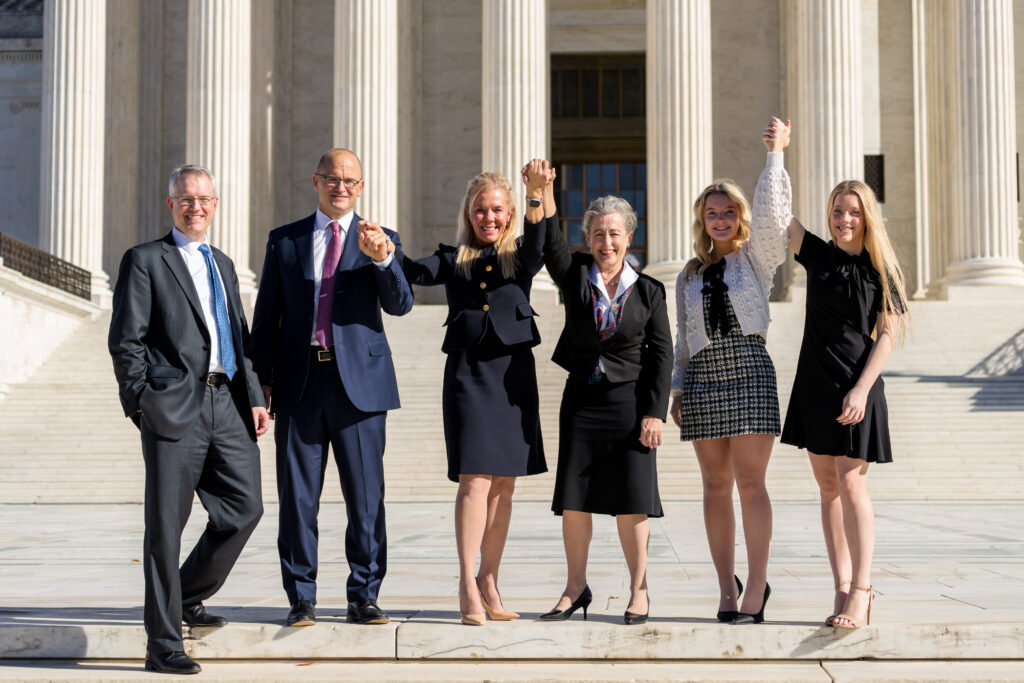
Instead, Cochran’s case was presented to an administrative law judge (ALJ) without a jury. An ALJ is a hearing officer appointed and employed by the enforcement agency. In these tribunals, the normal procedural protections — and even most constitutional protections — simply don’t apply under current law. With a charge against Cochran that put her CPA license and professional reputation at risk, she needed to be able to challenge severe constitutional defects in the ALJ adjudicative process before enduring it for many months or years.
The Supreme Court ultimately agreed. In April 2023, NCLA secured a 9-0 victory in Cochran’s case, Securities and Exchange Commission v. Cochran, which overturned contrary precedent in six circuit courts of appeals. Her win ensures future litigants will not have to tolerate unconstitutional adjudications before being able to sue. It is a game-changer.
“From the first [ALJ] hearing forward, it was clear that the odds were stacked against me,” Cochran said in reaction to the decision. “I am thrilled that every one of the Supreme Court Justices agrees that whether this costly, bruising, and biased system is unconstitutional must be heard by a real judge before I have to undergo a second [hearing].”
This decision will help countless Americans called before ALJs at the SEC, FTC, and other federal agencies. “[This] Supreme Court victory in SEC v. Cochran vindicates NCLA’s focus on unconstitutional practices that destroy people’s civil liberties,” Chenoweth said in response to the decision.
The decision had an immediate impact. Seven short weeks after it was issued, SEC dismissed nearly every pending case, 42 of them in all, including Cochran’s case and others that had been pending before the agency for years. The unprecedented dismissal of scores of cases, including those of two other NCLA clients, sought to prevent anyone from continuing to point out the constitutional flaws in SEC’s processes. This is precisely why NCLA was founded: to disarm the Administrative State of unjust tools and tactics depriving people of their civil liberties.
Illuminating the importance of protecting civil liberties
The rights NCLA seeks to protect and restore involve more than just due process of law. NCLA represents doctors, journalists, and other professionals who have been deplatformed or had their speech censored. NCLA has secured a client’s right to take the IRS to federal court for gathering private financial information without a lawful subpoena, won relief for fishing boat captains from 24-hour government GPS surveillance, and filed a class-action lawsuit on behalf of Massachusetts residents after the state government surreptitiously had spyware installed on over one million Android smartphones.
Although legal advocacy is the primary work of NCLA, its online content and events aim to capture the attention of all Americans. NCLA’s YouTube videos and Administrative State podcasts have tens of thousands of views and downloads. In addition, its monthly Lunch and Law speaker series has attracted attendees interested in learning more about NCLA’s defense of civil liberties to its Washington, D.C., headquarters. The audience grew even more when the COVID-19 pandemic led the series to concentrate more on online viewership.
“The Administrative State has grown into a latter-day Leviathan by taking procedural shortcuts that shortchange people’s civil liberties,” said Chenoweth. “By putting this beast back in the constitutional cage where it belongs, NCLA will keep it from destroying more lives and livelihoods.”
“The government’s first job is to protect, not infringe, the peoples’ civil liberties,” says Casey Mattox, vice president for Legal and Judicial Strategy at Stand Together Trust. “In a time of deep divisions, respecting and defending the rights of all Americans has never been more essential. NCLA plays a pivotal role in ensuring constitutionally limited government and defending America’s enduring promise of liberty.”
New Civil Liberties Alliance is supported by Stand Together Trust, which provides funding and strategic capabilities to innovators, scholars, and social entrepreneurs to develop new and better ways to tackle America’s biggest problems.
Learn more about Stand Together’s constitutionally limited government efforts, and explore ways you can partner with us.
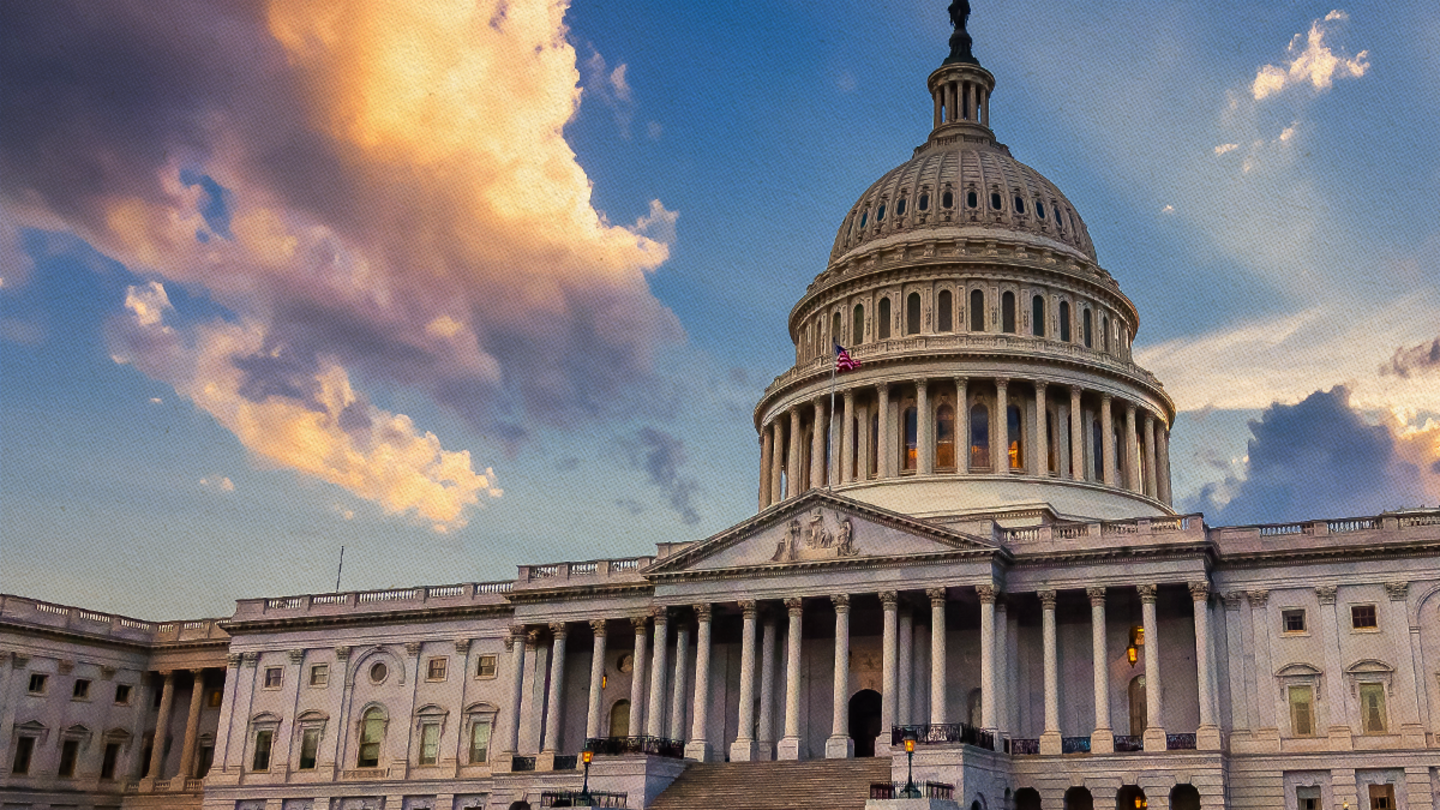
How the Supreme Court decision affects Congress’ job.

What we think we know about other Americans’ views — and what we get very wrong.
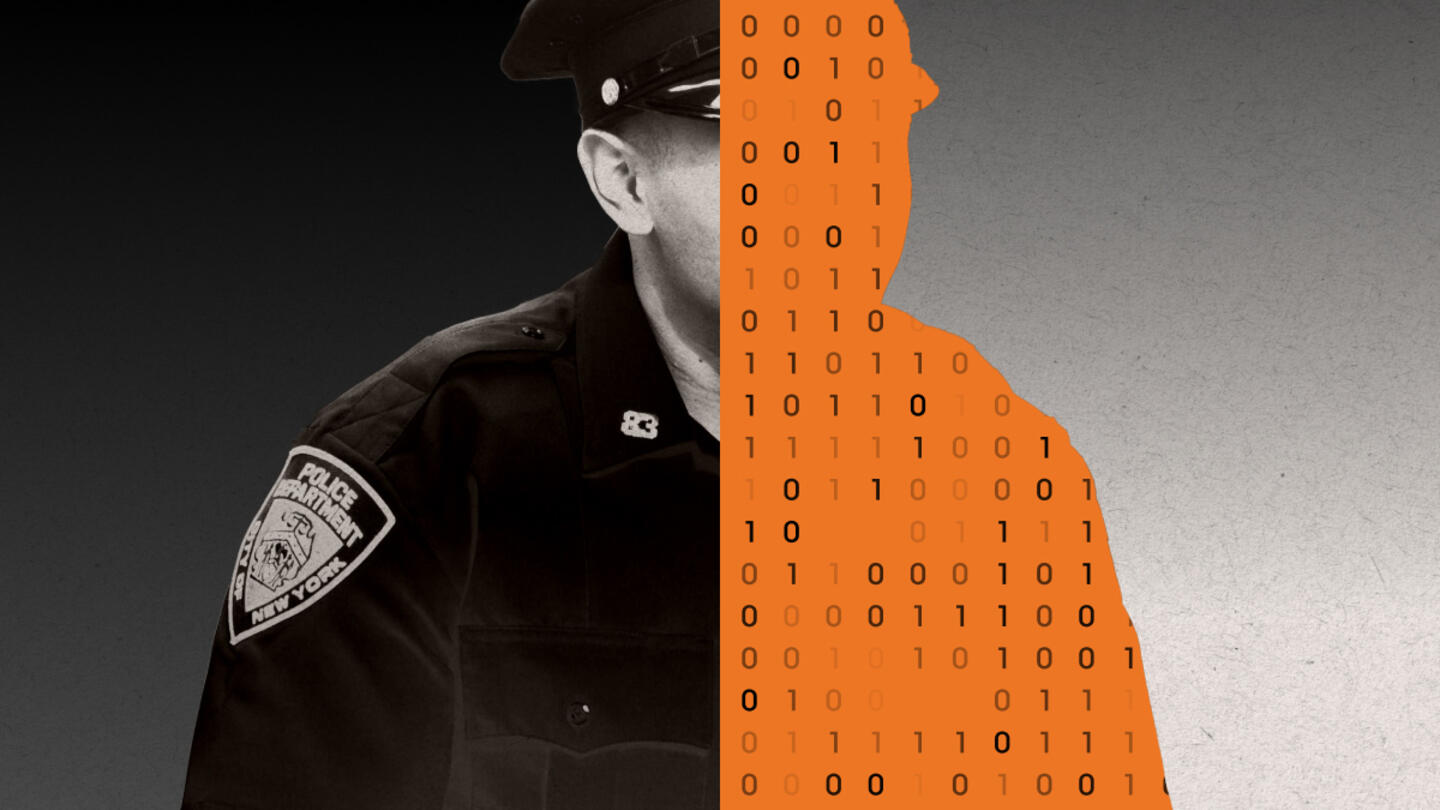
How to maximize new innovations to keep communities safe.
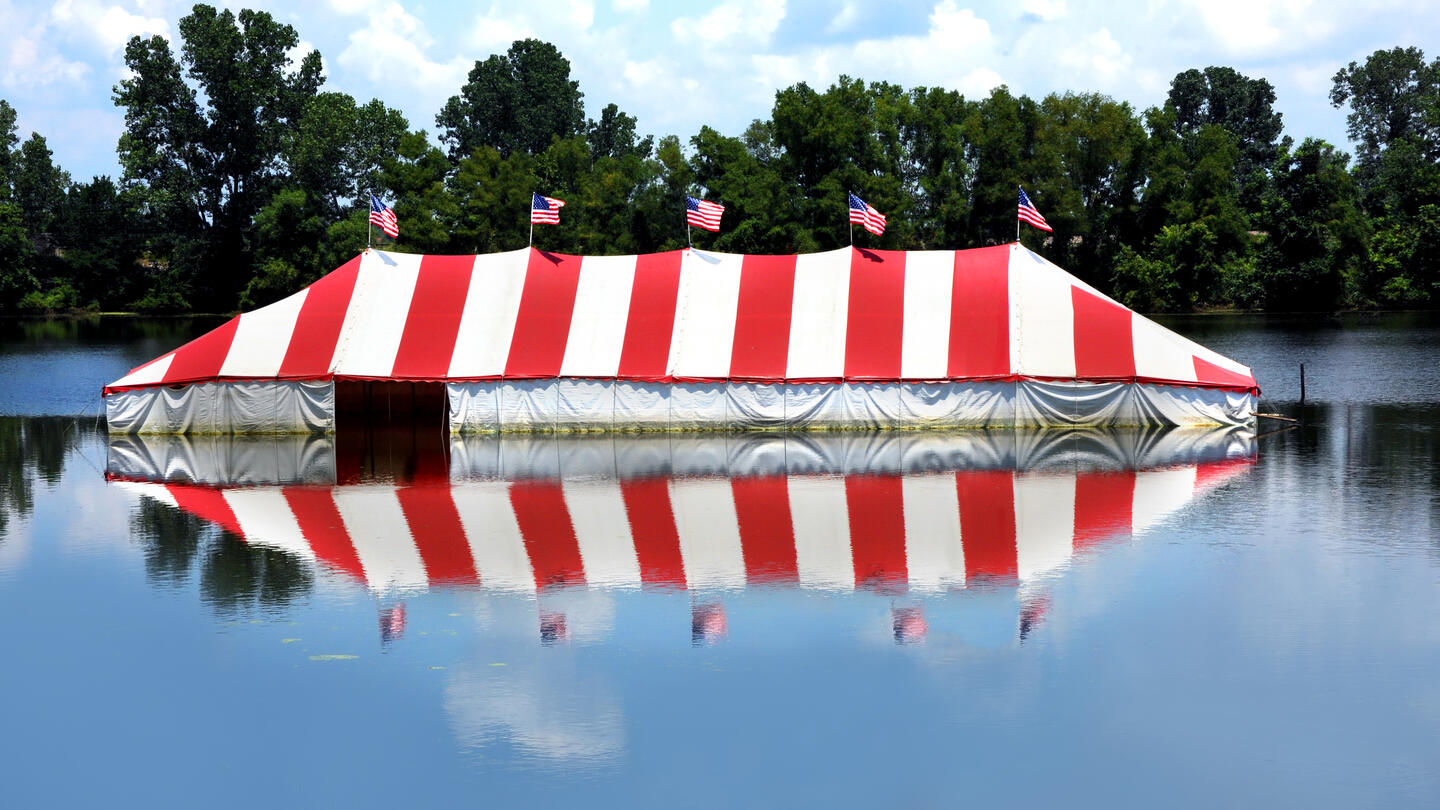
This federal agency is leaving one business in legal limbo.
